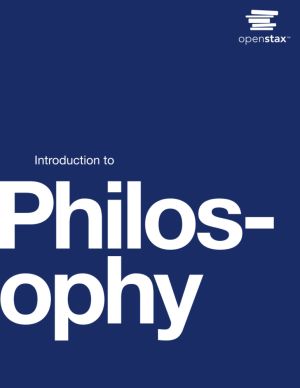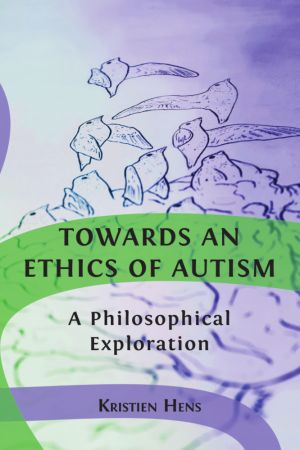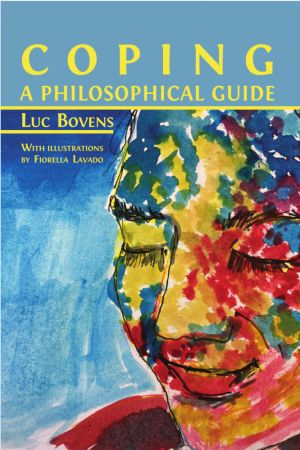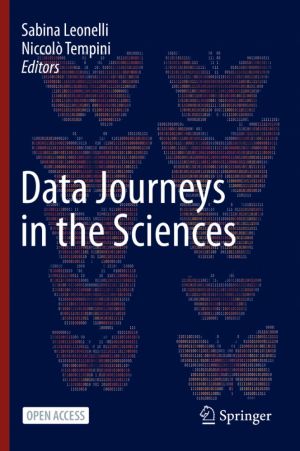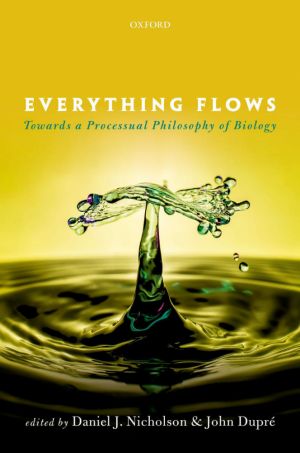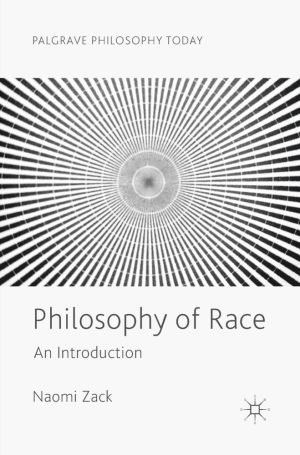Philosophy
Free Download Open Books
by Nathan Smith, Gregory Browne, Parish Conkling
Introduction to Philosophy provides an overview of a common range of philosophical topics for a first- or second-year general education philosophy course. It is organized thematically, following the principal categories of academic philosophy (logic, metaphysics, epistemology, theories of value, and history of philosophy). A recurring theme of Intr...
by Kristien Hens
What does it mean to say that someone is autistic? Towards an Ethics of Autism is an exploration of this question and many more. In this thoughtful, wide-ranging book, Kristien Hens examines a number of perspectives on autism, including psychiatric, biological, and philosophical, to consider different ways of thinking about autism, as well as it...
by Luc Bovens
Coping is a collection of philosophical essays on how we deal with life's challenges. We hope for better times, but what is hope, and is it a good thing to hope? How do we look back and make sense of our lives in the face of death? What is the nature of love, and how do we deal with its hardships? What makes for a genuine apology, and is there...
by Sabina Leonelli, Niccolò Tempini
This groundbreaking, open volume analyses and compares data practices across several fields through the analysis of specific cases of data journeys. It brings together leading scholars in the philosophy, history and social studies of science to achieve two goals: tracking the travel of data across different spaces, times and domains of research pra...
by Daniel J. Nicholson, John Dupre
Everything Flows explores the metaphysical thesis that the living world is not made up of substantial particles or things, as has often been supposed, but is rather constituted by processes. The biological domain is organised as an interdependent hierarchy of processes, which are stabilized and actively maintained at different timescales. Even enti...
by Henry Summerfield
A cultural change in the Renaissance freed talented European writers to compose letters rivalling the finest that survived from ancient Rome. This book traces the lives and outlooks of distinguished Britons as revealed in their correspondence. The subjects range from the fierce satirist Jonathan Swift to the long-lived, all-observing Horace Walpole...
by Harrie de Swart
This book was written to serve as an introduction to logic, with in each chapter – if applicable – special emphasis on the interplay between logic and philosophy, mathematics, language and (theoretical) computer science. The reader will not only be provided with an introduction to classical logic, but to philosophical (modal, epistemic, deontic...
by Frans H. van Eemeren
The book offers a compact but comprehensive introductory overview of the crucial components of argumentation theory. In presenting this overview, argumentation is consistently approached from a pragma-dialectical perspective by viewing it pragmatically as a goal-directed communicative activity and dialectically as part of a regulated critical excha...
by Christian A. Conrad
This textbook examines the extent to which moral values play a role as productive forces for the economy, and explores the effect of ethical and unethical Behavior on the economy. It shows how ethics improves productivity in the economy, and provides specific ethics tools for practical application for students and managers. Stemming from an overall...
by Naomi Zack
Philosophy of Race: An Introduction provides plainly written access to a new subfield that has been in the background of philosophy since Plato and Aristotle. Part I provides an overview of ideas of race and ethnicity in the philosophical canon, egalitarian traditions, race in biology, and race in American and Continental Philosophy. Part II addres...

